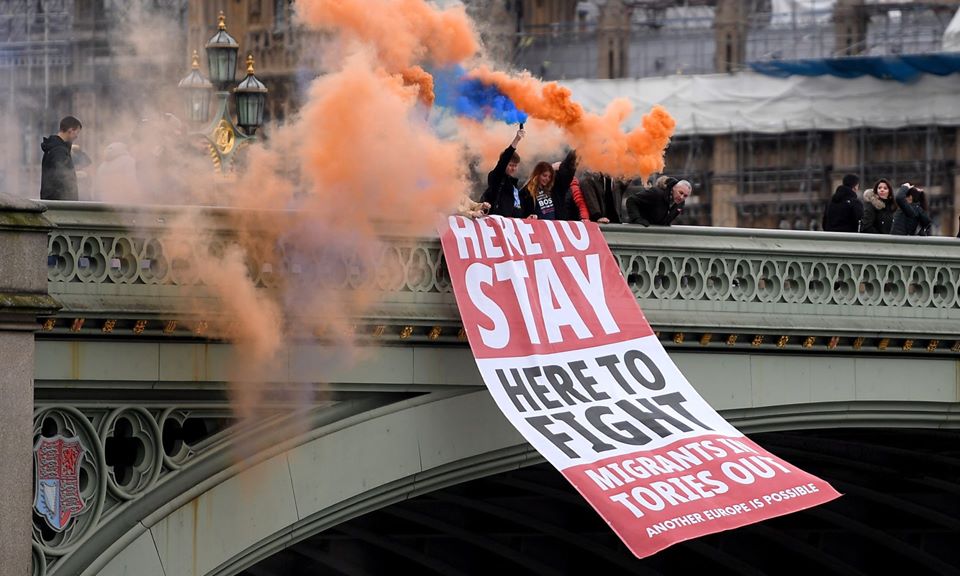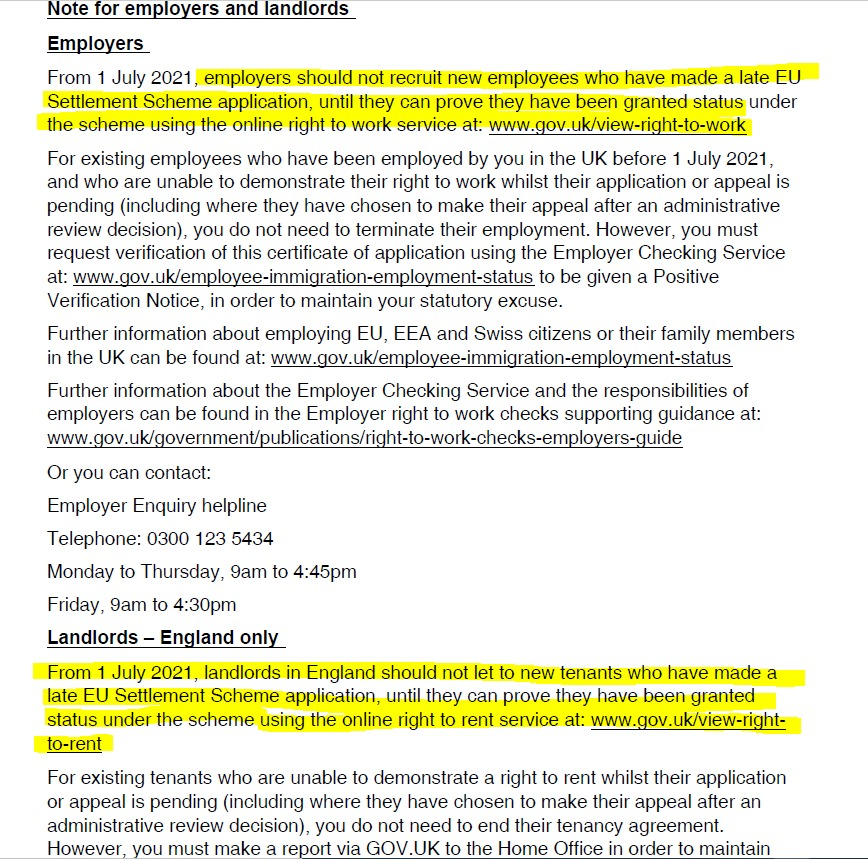Half a million in limbo
The Home Office’s Settled Status scheme continues to struggle as people anxiously wait decisions on half a million applications

Yesterday, the Home Office released their latest set of quarterly numbers for the Settled Status scheme for EEA nationals and their family members.
We now know that 6,050,860 applications were submitted by the official deadline of the programme – 30 June 2021. This deadline does not cover joining family members or those with legitimate reasons to apply late, however. And so, there have been another 108,940 applications added to the pile by the end of August.
The scale of this undertaking is clearly significant – and so is, inevitably, the backlog. There are over 450 000 applications awaiting outcome decisions, and new applications are made daily by late applicants or those who want to join their family members.
Frontline organisations and campaigners, including Another Europe is Possible have long warned about the dangers all EEA nationals face after the loss of free movement, but especially those still waiting for a response. The Withdrawal Agreement provides for rights protection for those who have submitted their applications by the deadline, but does not cover late applicants and family members. That’s why it was a relief to see the Home Office announcement on 6 August that temporary protection will be extended to those who apply after the deadline.
On paper, that means that anyone who has submitted an application, regardless of when and under what route can use their confirmation document – a certificate of application, as proof to employers and landlords that they’ve got rights, at least until the outcome of their application is announced.
In reality, these assurances have not yet made it to the Immigration Rules. With a backlog of nearly half a million applications, the idea of a temporary concession that assumes the use of a document labelled as not a proof of status as proof of rights is deeply worrying to many. Moreover, certificates of application were going out to people as recently as last week without any mention of this new concession. In fact, they state quite the opposite. Imagine receiving this document and attempting to convince an employer that what it says on it is in fact wrong BUT that it is a legitimate document that verifies your rights until you receive an application outcome. And even the most understanding of employers then have to go through the Employer Checking service, itself riddled with inconsistencies and outdated information.

Frontline organisations have been assured that new certificates have begun to be issued from the beginning of this week and they will work to rectify the ones already sent out but there are no time commitments for this. Despite repeated warnings to the Home Office that this will prove a problem with their approach they are once again slow to respond and slow to rectify the mistakes. And while this seems to have little consequences for the political leadership of the department, it is already costing people their jobs and security.
September 17, 2021
Brexit Spotlight is run by Another Europe Is Possible. You can support this work by joining us today. The website is a resource to encourage debate and discussion. Published opinions do not necessarily represent those of Another Europe.





